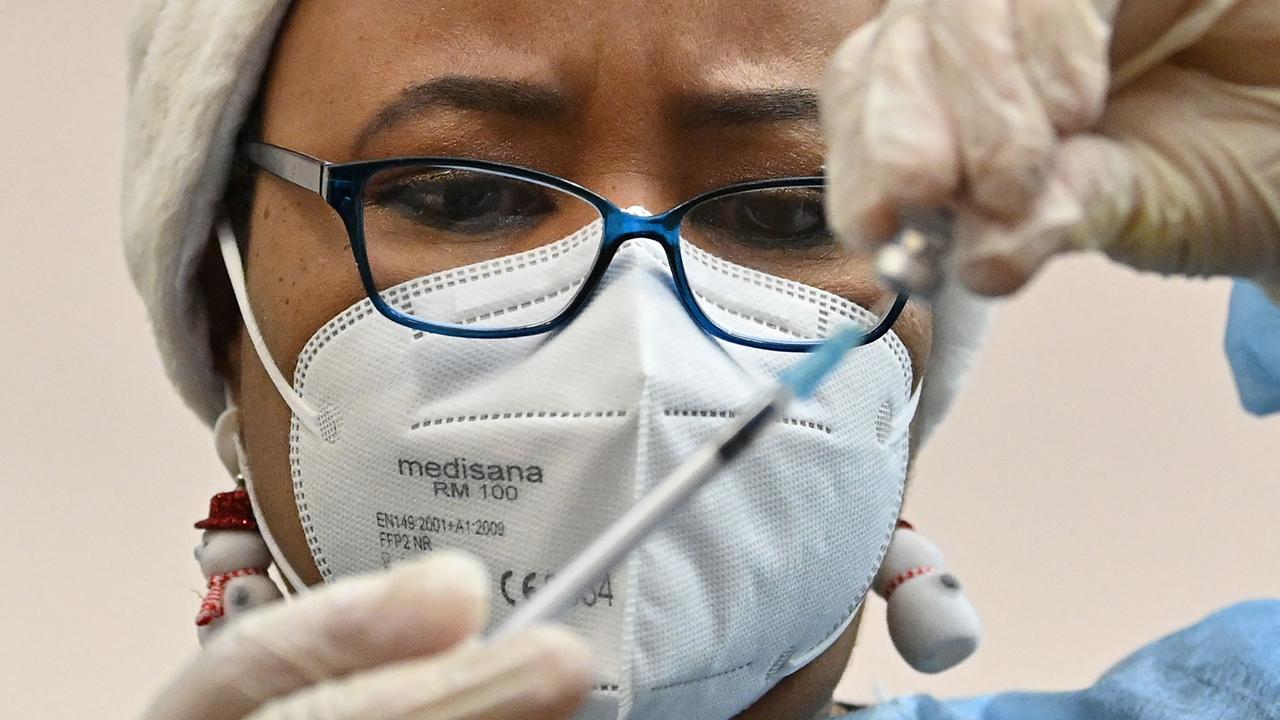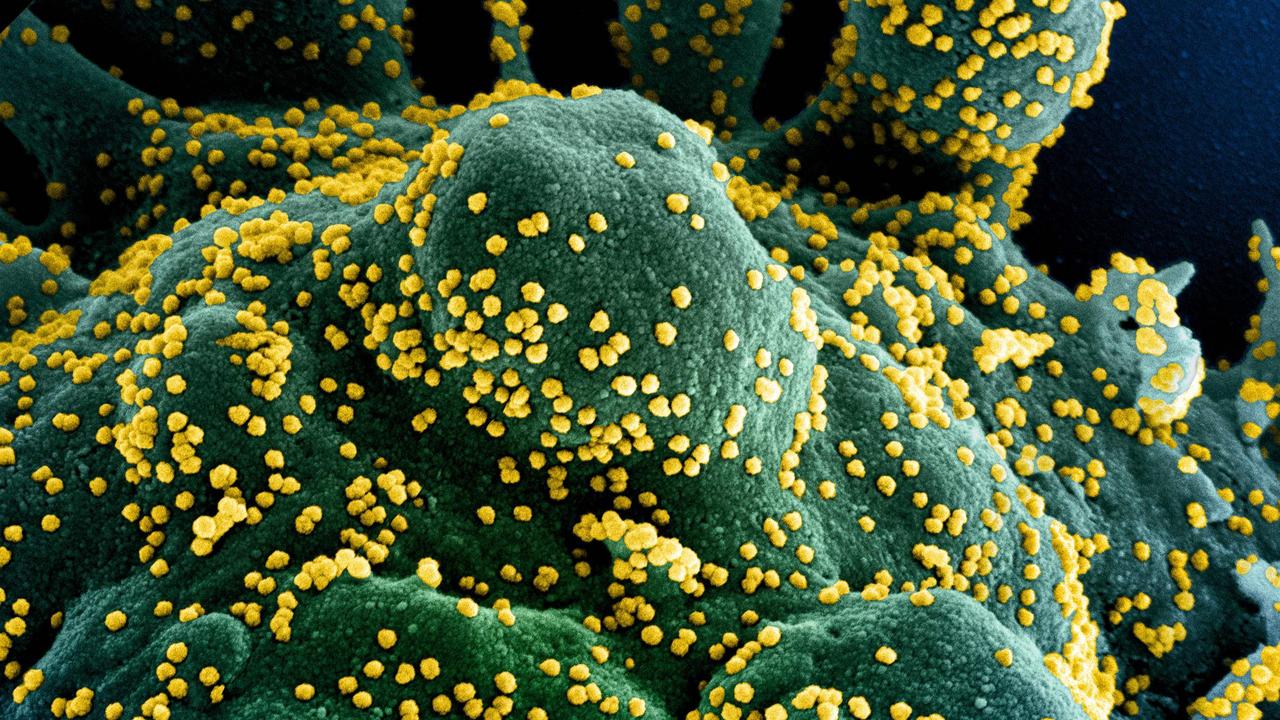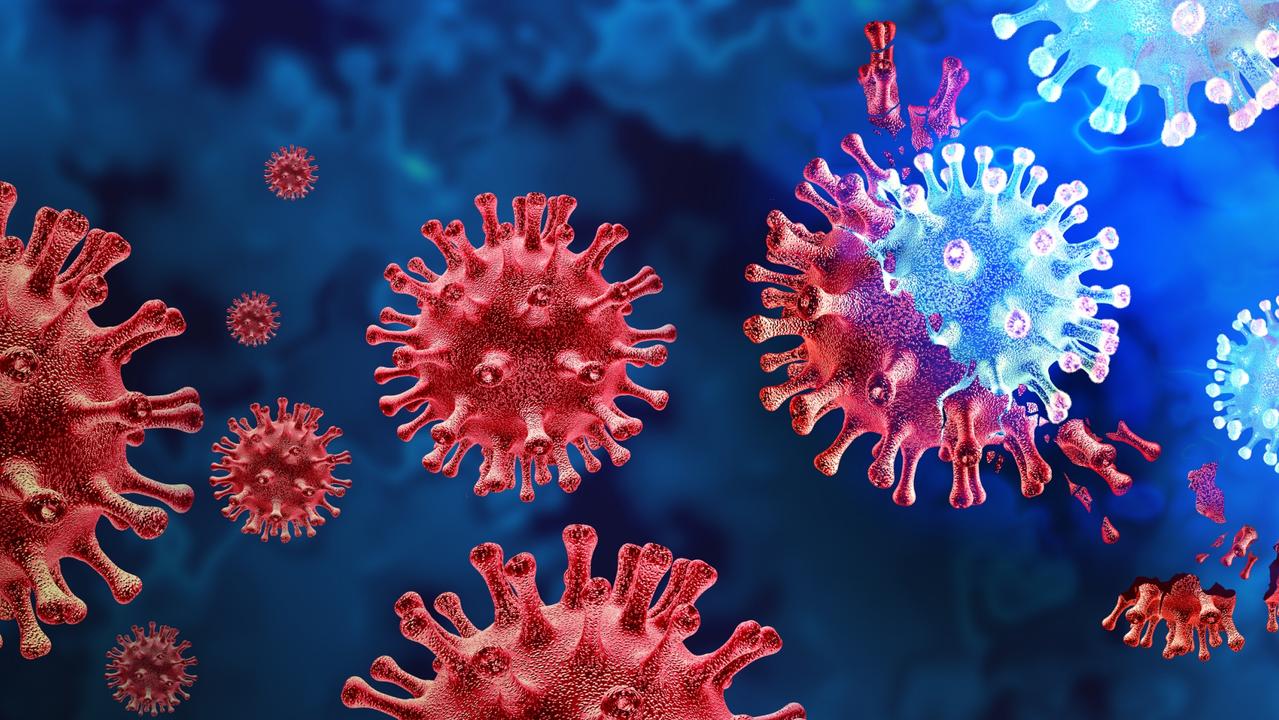Young people could be more at risk of Indian Covid-19 variant, expert warns
A new theory about the Indian Covid-19 strain, which is currently on the loose in Victoria, has sparked concerns for the state’s younger population.

One of the Indian variants of Covid-19, now identified as the latest threat in Victoria’s virus outbreak, could pose a heightened risk to young people, an epidemiologist has warned.
Experts have warned the mutant strain, known as B. 1.617.2, also known as delta, is more infectious than any other strains of the virus we have seen emerge during the pandemic, with cases of the variant now surging across the world.
It is different to the sublineage B. 1.617.1, also known as kappa.
Professor Neil Ferguson, an epidemiologist at Imperial College London, also noted there were “signals” that people under 21 are more likely to be infected with this variant compared to other strains of the virus.
Speaking at a briefing organised by the Science Media Centre in Germany, Professor Ferguson said it was immediately clear whether this trend was due to a biological enhancement in the mutation or whether it was a reflection on the environment in which the virus was spreading.
RELATED: Fears outbreak has jumped the border
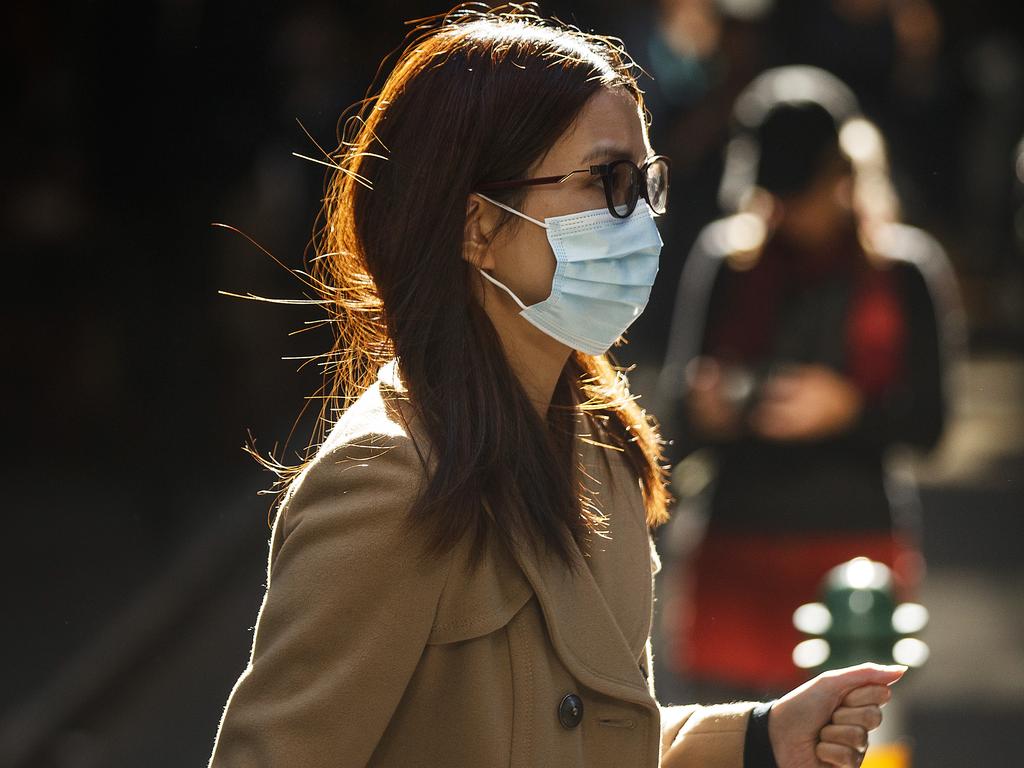
“There’s a hint in the data that under-21s are slightly more likely to be infected with this variant compared with other variants in recent weeks in the UK,” he said.
“Whether that reflects a change in the biology or reflects what’s called founder effects and the context - the people who came into the country with the virus and then seeding of infection in certain schools and colleges - that’s impossible to resolve at the moment.”
Cambridge University microbiologist, Professor Ravi Gupta, who also spoke at the event, said the possibility of younger people being at an increased risk from this strain shouldn’t be brushed aside.
“I do think we should take these reports seriously because that’s the first sign that you have a problem,” he said.
“Often if you wait too long for the right data it’s too late. Hopefully the countries where they’re seeing this will be studying it in a kind of rigorous way so that we can get that information.”
RELATED: How Covid spread across Melbourne
The World Health Organisation (WHO) recently classified the B. 1.617.2 strain as a “variant of global concern”, with three other variants from the UK, South Africa and Brazil given the same designation.
Research, published in the Global Biosecurity journal this month, also found many of those who have tested positive to the Indian variant has shown “unusual viral symptoms”.
The report, Watching Brief: The evolution and impact of COVID-19 variants B.1.1.7, B. 1.351, P. 1 and B. 1.617, said preliminary data gathered from hospitals in India suggested the virus was presenting differently when compared to other variants.
RELATED: Expert’s warning: Don’t lock down
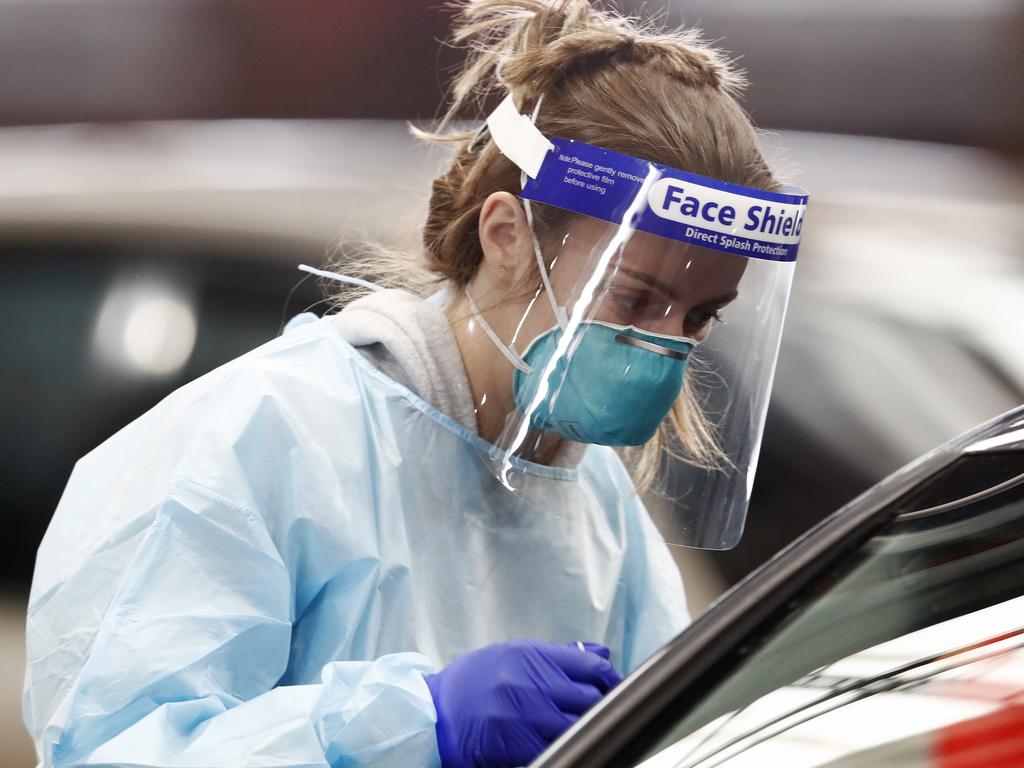
“Patients are presenting with abdominal pain, nausea, vomiting, diarrhoea and hearing impairments,” the report states.
“There has also been an increase in symptoms of joint pain and a loss of appetite. Some infected individuals are experiencing no fever or a delayed onset of fever.
“Due to these unusual clinical features, medical professionals are encouraging anyone who feels unwell to get tested.”
Victoria is continuing to grapple with its latest outbreak, which has risen to 15, with more Covid-19 cases expected to be announced today.
It is understood the government is considering whether to impose a five-day lockdown to help manage the cluster.
It comes after a raft of new restrictions were introduced across Greater Melbourne on Tuesday, including limiting household visitors to five per day, limiting public gatherings to 30 people and requiring masks to be worn in all indoor areas for everyone aged 12 and over.
Speaking at a press conference on Wednesday, Acting Premier James Merlino revealed he was “very concerned” about the spike in cases and refused to rule out harsher restrictions.
“I want to be upfront with everyone this morning – I cannot rule out taking some further action, but we’ll we will update people as soon as we know,” he said.
“It’s good that everyone is linked at the stage, but we are concerned about the number, and also about the kind of exposure sites, and the next 24 hours are going to be pretty critical if we’re going to make any further changes beyond the changes that we announced yesterday.”


